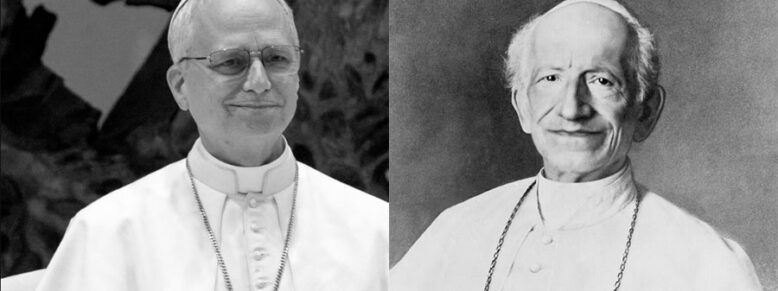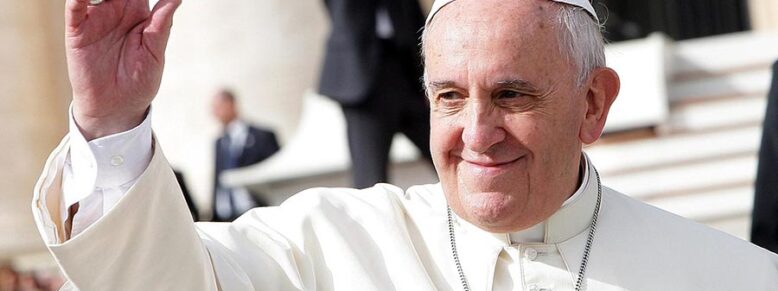In this final part of the encyclical, the treatment and protection of the working class is dealt with directly and at length.
Read more >>A Guide to Rerum Novarum Part Three – The protection of workers, unions and the duties of employers


In this final part of the encyclical, the treatment and protection of the working class is dealt with directly and at length.
Read more >>
We ended Part One of this guide to Rerum novarum with the encyclical’s reminder to the rich that they would have to answer to God if they were not generous with their riches. The focus of that first part was the staunch defence of the right to property. This part will look at the relationship between the state, the family and the Church and the responsibilities we have to the poor.
Read more >>
Pope Francis regularly talked about the conflicts that scar the world. And, of course, Pope Leo has continued to address the tragedy of war in his Angelus addresses and on other occasions. Both popes regularly addressed the environmental crises too – not least, of course, in Pope Francis’s encyclical letter, Laudato si, and in his apostolic exhortation, Laudate deum. It is rare in Catholic social teaching, however, for the two issues to be linked.
Read more >>
Upon his election, Pope Leo XIV said that he was inspired to take the name “Leo” by Pope Leo XIII’s work on Catholic social teaching. The newly-elected pope especially mentioned Pope Leo XIII’s encyclical, Rerum novarum. Pope Leo XIV related this to the current need to think about things afresh given the development of artificial intelligence (AI). This series of three blogs explores Rerum novarum. It is a radical and holistic call to orientate our whole lives towards God – including in the political, economic and social sectors. To try to distil it for its proposals, as many do, in the political, economic and social domains alone and to take it outside its religious context leaves it stripped of its essence.
Read more >>
In this blog post, first posted on the Centre for Enterprise, Markets and Ethics blog, Neil Jordan discusses the risks of de-humanisation from the use of AI in HR processes
Read more >>
At the beginning of his Pontificate, Pope Leo XIV explained that “in our own day, the Church offers to everyone the treasury of her social teaching in response to another industrial revolution and to developments in the field of artificial intelligence that pose new challenges for the defence of human dignity, justice and labour”.
Read more >>
I welcome the addition to the calendar of a ‘Jubilee for Entrepreneurs’ by the late Pope Francis. As the Holy Father noted in his encyclical letter on fraternity and social friendship, Fratelli Tutti, “In God’s plan, each individual is called to promote his or her own development, and this includes finding the best economic and technological means of multiplying goods and increasing wealth.”
Read more >>
As we continue to pray for Pope Francis through the Novemdiales – the period of mourning after the death of a pope – we also celebrate his legacy. Pope Francis was committed to upholding the dignity of workers and, with modifications, the ‘Jubilee for Workers’ and the ‘Jubilee for Entrepreneurs’ are both going ahead at the start of May.
Read more >>
In the coverage of the passing of Pope Francis to eternal life, surprisingly little has been said about an important aspect of Pope Francis’s social teaching – fraternity. This was the theme of his second social encyclical, Fratelli tutti. It is an important theme because it links the pastoral, spiritual, theological and social teaching of the late pope. The title of Fratelli tutti in English is “Brothers All”, and it is subtitled “On Fraternity and Social Friendship”.
Read more >>
I have been giving talks about globalisation to Christian groups for some years. Over those years, it seemed to be a less and less interesting subject. It is disappointing that it has become topical again.
Read more >>